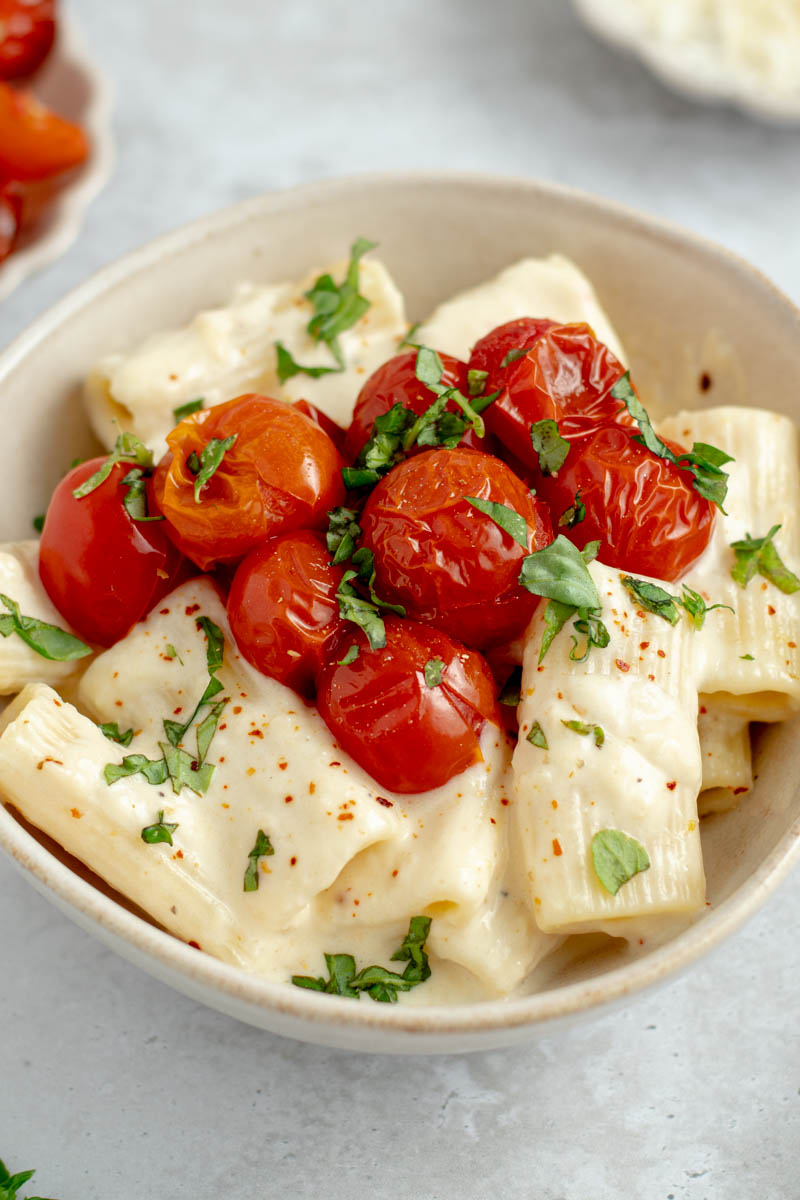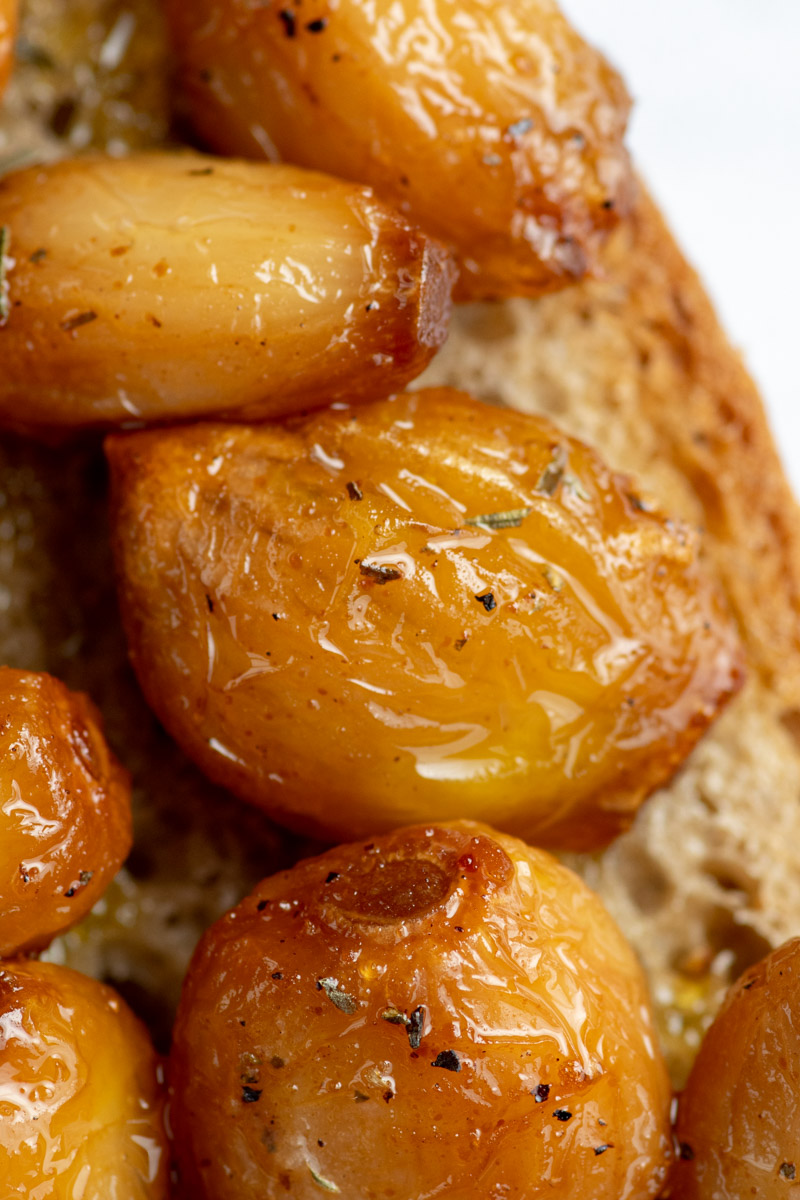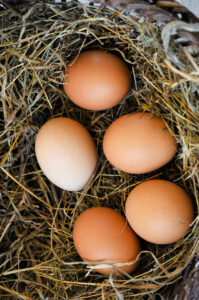Garlic: one of the most widely consumed foods in the world...
"Garlic consumption has quadrupled in the United States since 1980 and now stands at about 2 pounds per capita", says Penn State Extension.
China is the leading producer, with 73.8%, followed by India 10.4% and Bangladesh with 1.7% (source). United States imports garlic, fresh or chilled, primarily from China ($97M), Spain ($78.1M), Mexico ($29.5M), Argentina ($17.3M), and Peru ($3.98M) (source).
While garlic has been valued for thousands of years for its many virtues (anti-bacterial, anti-microbial, packed with nutrients and vitamins), it's its production that's causing problems today...
In supermarkets, you'll find a lot of garlic that's already been peeled and looks perfectly clean. But the reality is much sadder than you can imagine, and there are many problems associated with this Chinese production : hygiene problems, pesticides, human rights, etc...
Bad hygiene
Henry Bell, executive officer at the Australian Garlic Industry Association, talks about garlic growing in China and says to The Age magazine: "I know for a fact that some garlic growers over there use raw human sewage to fertilise their crops, and I don't believe the Australian quarantine regulations are strict enough in terms of bacteria testing on imported produce".
So even if he talks about Australia, it already gives you an idea of how garlic grows in China, before being imported to the USA and ending up in your dishes.
Modern slavery in Chinese prisons
And in China's prisons, forced-labor camps (for the unfortunate Uyghurs and other minorities) and detoxification centers, human rights are flouted with the utmost indifference.
Day and night, prisoners peel pods by hand, in order to meet the output goals imposed each day. There's only one toilet for everyone in each workshop, and no hand-washing because there's no sink. It's extremely painful work, and the workers' hands, feet and lips suffer and bleed.

Ming, locked up for reading a banned book in 2004, tells his story on Minghui: "We made gloves from milk cartons to protect our fingers. Otherwise, our nails would have cracked sooner or later, and the garlic juice would have run under our nails and burned our skin". He also explains that when they are too slow, they are reprimanded or even tortured by their jailers (electrocution, extended detention, etc.). They're not allowed to take breaks, and some people peel until 3am if they don't finish on time.
It's important to point out that we're not always talking about prisoners who are criminals, but often about so-called prisoners of conscience, such as Ming.
The goal is to peel 44 lbs of garlic a day, given that one clove weighs around one teaspoon. So that's 4,000 cloves to peel, as best they can (with their hands or their mouths, when their hands are too attacked) and under fear of torture!
How can we solve the problem, or at least not support this?
Do not buy garlic from China, in any form whatsoever: powder, semolina, peeled cloves, pickled, frozen, etc… When you go grocery shopping, look for garlic that is certified organic and labelled with its origin.
You can also buy American garlic (California could be referred to as the garlic capital of the United States) by going to a local farmer's market. It's more local and therefore, more ecological, but it's also more ethical because you're not taking part in the modern slavery and torture of the Chinese regime!
Joining a CSA (Community Supported Agriculture) program, where you can subscribe to receive a regular supply of fresh, locally produced goods, including garlic, is also an option.
And there are several online platforms that connect consumers with local farmers, such as :
- Local Harvest
- Local Hens
- The app "Farmigo"
- Harvie
- Get Farmish
- Open Food Network
- Farm fresh to you
If you are interested
The episode "Garlic Breath" (episode 3 of season 1) from the Rotten series, on Netflix.
This article serves exclusively for informational purposes and is not intended, nor should it be considered, a substitute for professional medical advice, diagnosis, or treatment. It is strongly advised that individuals consult with their healthcare provider for personalized guidance and recommendations.






Répondre